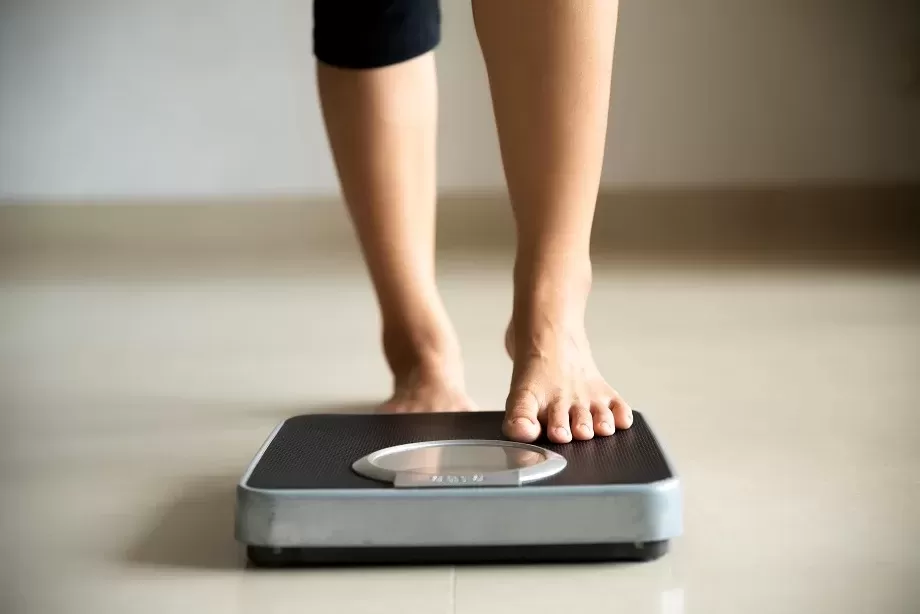
How Much Weight Will I Lose After Gastric Bypass Surgery?
Gastric bypass surgery is one of the most effective bariatric procedures for significant, long-term weight loss. But one of the first questions most patients ask is: how much weight can you lose with gastric bypass? The answer varies from person to person, but there are established averages and milestones that can give you a clear understanding of what to expect.
Your final results depend on factors like age, lifestyle habits, pre-surgery weight, and overall health. Understanding these elements — and the role of long-term follow-up care — helps set realistic expectations for your progress.
How Gastric Bypass Works
Gastric bypass changes your digestive system in two main ways:
- It reduces stomach size, limiting how much food you can eat.
- It reroutes the digestive tract, which affects absorption and hormone regulation.
Together, these changes support rapid early weight loss and help patients maintain healthier eating patterns. During recovery, some individuals also experience digestive sensitivity, which is why learning about issues like ulcer management after gastric bypass can be helpful as the body adapts.
How Weight Loss Is Measured After Gastric Bypass
When discussing how much weight can I lose with gastric bypass, bariatric teams use two main metrics:
Excess Weight Loss (EWL)
This measures the percentage of weight lost beyond your ideal body weight. If you have 100 pounds of excess weight and lose 70 pounds, that’s 70% EWL.
Total Body Weight Loss (TBWL)
This measures loss as a percentage of your total starting weight.
Most patients track progress using both systems to get a more complete picture.
Expected Weight Loss After Gastric Bypass

On average, how much weight can you lose with gastric bypass depends on many lifestyle factors, but typical results include:
- 60–80% excess weight loss in the first 12–18 months
- Rapid weight loss during the first 3–6 months
- Continued slower weight loss up to 18 months
These numbers explain why surgeries like gastric bypass remain among the most effective bariatric options.
Short-Term Expectations
- 1 month: noticeable loss from liquid and soft diet phases
- 3 months: major weight-loss boost as appetite decreases
- 6 months: patients often lose half or more of their excess weight
- 12 months: most reach their peak weight-loss window
Many factors influence how much weight you will lose, including mental health support. Working with a professional such as a bariatric psychologist can help you strengthen new habits and navigate emotional shifts during recovery.
Exercise’s Role in Weight Loss
Lifestyle changes can dramatically influence outcomes. Research shows that exercise has been shown to help bariatric surgery patients lose more weight, especially during the first year when metabolism is adapting.
Long-Term Effects of Gastric Bypass Surgery
After the first year, most patients shift into maintenance mode. Some continue to lose weight slowly for another 6–12 months, while others maintain steady results.
Long-term success often depends on:
- Consistent physical activity
- Balanced protein-focused diet
- Identifying trigger foods
- Mental health support
- Ongoing follow-up visits
- Avoiding high-sugar or slider foods
To better understand how lifestyle affects recovery time and energy, some people also benefit from information on gastric bypass and gastric sleeve recovery timelines.
Why Some People Experience Weight-Loss Plateaus
Plateaus are a normal part of the process. Factors contributing include:
Returning to Old Habits
Even small amounts of grazing or emotional eating can slow weight loss quickly.
Lack of Exercise
A sedentary lifestyle affects metabolism. Gentle, progressive physical activity helps stabilize progress.
Dietary Choices
Soft, high-calorie foods (“slider foods”) can be consumed in larger amounts without triggering fullness.
Hormonal Changes
Metabolism naturally adapts after significant weight loss.
While plateaus can be frustrating, they are rarely permanent. Behavioral changes often get progress moving again.
When Weight Loss Slows Down or Reverses
Some patients may experience insufficient weight loss or regain over time. Causes can include:
- Stretching of the gastric pouch
- Changes in eating patterns
- Inadequate nutritional balance
- Untreated acid-related issues
- Postoperative complications
In some cases, patients explore revision procedures. You can learn more about options and coverage considerations in discussions surrounding Medicare and gastric bypass revision.
Choosing the Right Gastric Bypass Surgeon

Your surgeon plays a major role in your long-term results. The best surgeons offer:
- Robust pre-surgery education
- Long-term follow-up programs
- Access to nutritionists and mental health specialists
- Clear post-operative instructions
- Experience with revisional surgery when needed
Commitment, Motivation & Long-Term Habits
Success after gastric bypass isn’t just about the surgery — it’s about building long-term sustainable routines. Patients who do best focus on:
- Eating protein first
- Staying hydrated
- Avoiding trigger foods
- Prioritizing movement
- Tracking emotional patterns
- Regular check-ins with their care team
When motivation becomes difficult, structured support programs and psychological counseling can help maintain momentum.
Staying on Track With Realistic Expectations
Understanding how much weight will I lose with gastric bypass requires looking at averages, lifestyle factors, and your personal health. Many patients reach impressive weight-loss milestones, but some experience slowdowns or challenges along the way. While plateaus can happen when old habits return, certain patients also discover deeper anatomical or metabolic reasons for slow progress. In those cases, bariatric revision surgery may be an option. A surgeon can evaluate whether a revision makes sense and guide the next steps.
If you’re seeking experienced guidance throughout your weight-loss journey, Ascension Saint Agnes Bariatric Surgery offers comprehensive support from a trusted team. Whether you’re exploring weight loss surgery in Maryland, recovering from Roux-en-Y gastric bypass (RYGB) in Maryland, or evaluating revision procedures, their specialists provide individualized care and long-term follow-up to help you stay on track. Our other procedures include laparoscopic bariatric procedures, sleeve gastrectomy, adjustable gastric band, duodenal switch, and Roux-en-Y in Maryland. Visit us to learn more about your surgical options and the personalized bariatric services available to you.
FAQs
How much weight can you lose with gastric bypass in the first year?
Most patients lose 60–80% of excess weight within 12–18 months.
Will everyone lose the same amount of weight after gastric bypass?
No — results vary based on lifestyle, starting weight, age, and medical factors.
Can you lose too much weight?
Overly rapid weight loss is uncommon but can occur; medical teams monitor closely.
What happens if I stop losing weight early?
You may be experiencing a plateau, which is common. Behavioral changes often help.
Does gastric bypass guarantee long-term weight loss?
Success depends on long-term habits, follow-up care, and lifestyle changes.